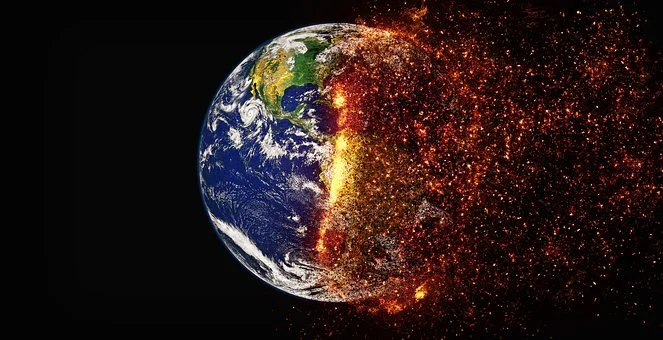Global Warming – Climate Change
What is Global Warming and Why it is Dangerous?
Introduction:
Hi, welcome everyone to the hot debate on Global Warming. Many of us have created climate change (in other words, Global Warming) Global warming is a term that has been used for many years to describe the rise in global average temperature and its possible effects on our planet.
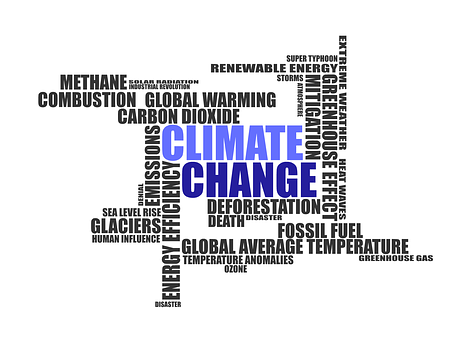
In recent decades, this debate has intensified as more evidence of climate change has emerged.
What are Greenhouse Gases and Why Do They Matter?
The Earth’s atmosphere contains several greenhouse Gases which trap heat within the atmosphere by preventing it from escaping into space.
This trapping of heat causes the surface of the earth to warm up (probably humans’ industrial revolution would be the x-factor for this), thus causing an increase in atmospheric pressure.
As a result, water vapour becomes trapped in the atmosphere, leading to increased precipitation.
Global Warming – Climate Change :
When the Debate Started?
The Intergovernmental Panel on Climate Change (IPCC) was established in 1988 by the United
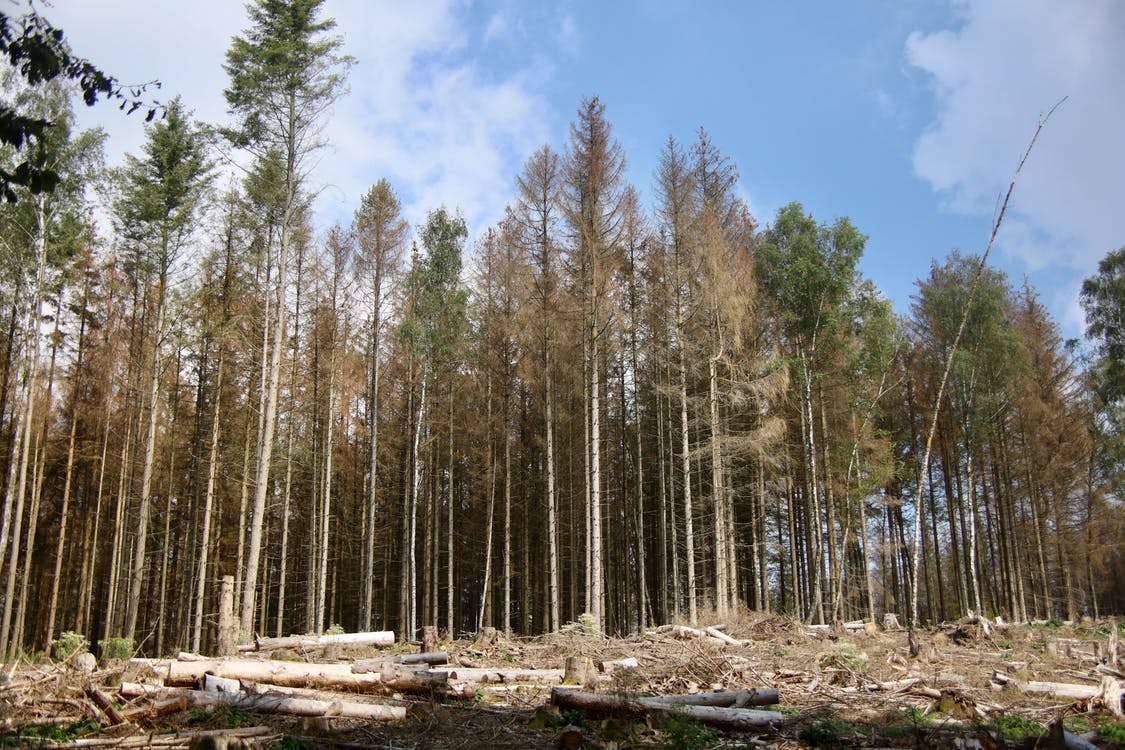
Nations Environment Program (UNEP), the World Meteorological Organization (WMO) and UNESCO. It is made up of hundreds of scientists from around the world who are responsible for producing reports about climate change.
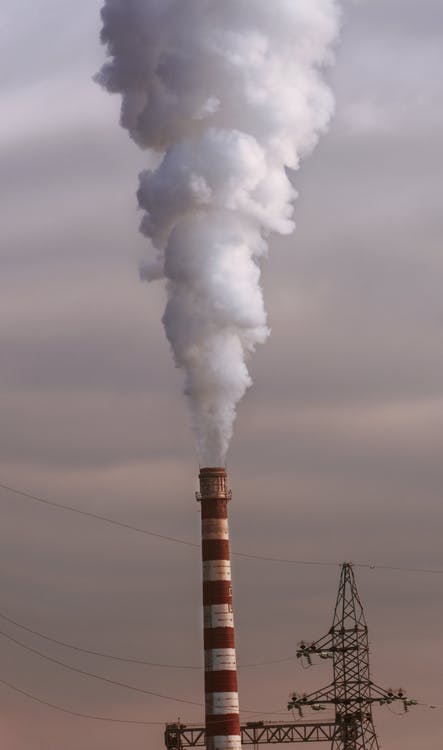
These reports have led to public debates about whether or not there is enough evidence to support the claim that humans are influencing climate change.
There are three main schools of thought when discussing the issue of global warming:
those who believe that human activity is having a significant effect on climate change; those who do not think that human activity is significantly affecting climate change; and those who believe that natural changes in the environment are also contributing to climate change.
Fossil Fuels and Global Warming:
Guys, you know many people argue that the cause of global warming is due to the burning of fossil fuels such as coal, oil and gas.
Fossil fuels are non-renewable resources that release carbon dioxide when they burn. Carbon dioxide is one of the major greenhouse gases found in the atmosphere.

Burning these fossil fuels releases large amounts of carbon dioxide into the air, increasing levels of CO2 in the atmosphere.
Those who oppose the use of fossil fuels often refer to them as “fossil fuels” because their combustion produces solid waste products known as “soot”.
Soot particles absorb solar radiation, trapping heat near the ground and making the atmosphere warmer than it would otherwise be. They also contribute to smog formation.
Those who support the use of fossil fuels point out that they provide most of the energy needed for modern society.
They also say that switching away from fossil fuels will lead to higher prices and lower economic growth.
Does Sun Play A Role in Global Warming?
In addition to the above arguments, some people believe that the sun plays a role in changing the amount of carbon dioxide in the atmosphere.
When the Sun shines on the oceans, it heats the water molecules and makes them expand. This expansion increases the volume of the ocean, allowing more carbon dioxide to dissolve into the water.

The extra carbon dioxide then travels through the ocean until it reaches the atmosphere.
Others believe that volcanic eruptions play a big part in releasing carbon dioxide into the atmosphere.
Volcanoes emit vast quantities of sulfur dioxide, which combines with other chemicals in the atmosphere to form sulphate aerosols.
Sulphate aerosols reflect sunlight into space, cooling the planet. However, the same process can also produce clouds, which reduce incoming solar radiation and make the Earth’s surface cooler.
Those who support the idea that manmade factors are causing global warming argue that the increase in atmospheric carbon dioxide has been measured since the industrial revolution.
In addition, they point to the fact that carbon dioxide levels were much higher during previous ice ages.
Climate Change :
The IPCC Report on Global Warming:
The IPCC report published in 2007 concluded that the average temperature of the Earth had risen over the last 100 years.
According to this report, the average temperature of the earth increased by 0.74°C between 1880 and 2006.
The report stated that this rise was caused mainly by an increase in the concentration of carbon dioxide in the air.
It also said that the rate of increase in the concentration of CO2 in the air had accelerated in recent decades.

However, many scientists disagree with the IPCC report, saying that there is no evidence that human activities have contributed significantly to the observed changes in climate.
Some scientists even claim that the IPCC report contains errors. For example, they say that the data used in the report does not include information about the natural variations in the level of carbon dioxide in the past.
Many politicians agree with those who believe that man-made factors are responsible for global warming.
They want to take action against pollution and the burning of fossil fuels. One way that they plan to do this is by imposing taxes on these industries.
Another way is by reducing the amount of fuel that companies can burn each year.
Some countries have already taken steps to deal with global warming. For example, the European Union has introduced a tax on carbon emissions.
Many states in America have passed laws requiring car manufacturers to improve their vehicles’ efficiency.
Countries such as China and India are planning to introduce similar measures.
How to Combat Global Warming:
To combat global warming, some governments have tried to limit the use of fossil fuels. For instance, the United States government has imposed limits on the total amount of coal that can be burned each year.

Other countries have banned the sale of new cars that use petrol or diesel engines.
Although there is still controversy surrounding the causes of global warming, most people now accept that it is happening.
This means that we need to find ways of dealing with the problem. We will look at different options for combating global warming in the rest of this chapter.
Conclusion
Global warming refers to the gradual change in the average temperature of the whole Earth. Scientists think that the main cause of this change is the increasing amounts of greenhouse gases emitted into the atmosphere from industry and transport.
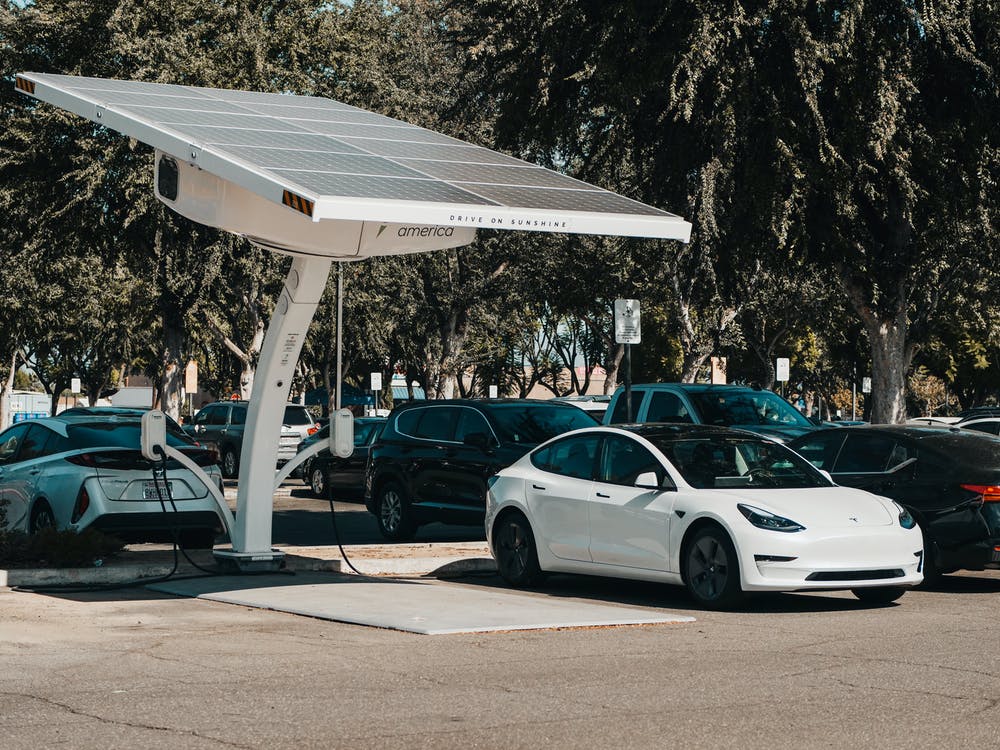
These gases trap heat inside the Earth’s atmosphere. As a result, the surface warms up.
Global warming is one of the biggest problems facing our planet today. If nothing is done to reduce the amount of greenhouse gas being released into the atmosphere, the world could become much hotter within the next few hundred years.

